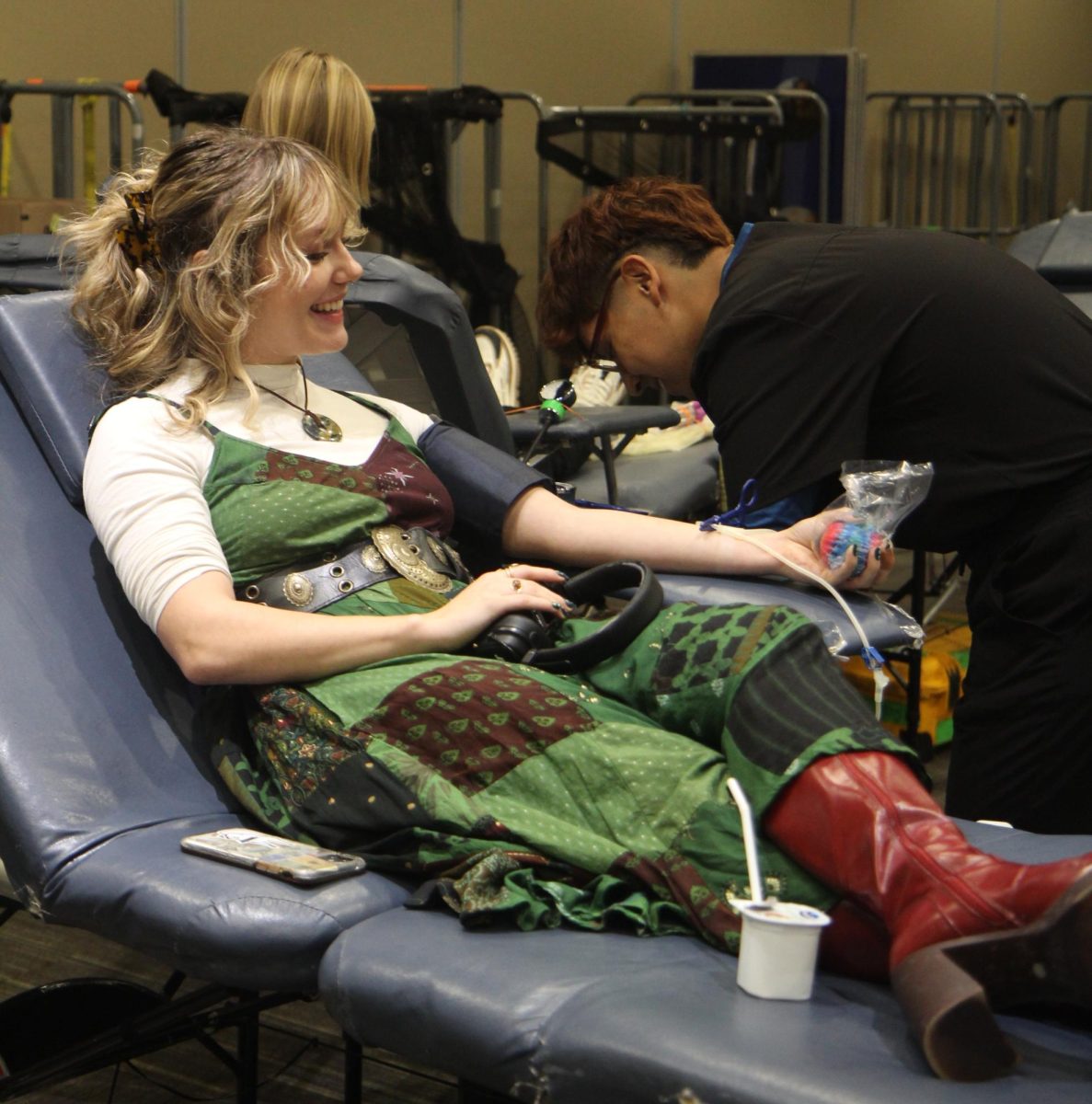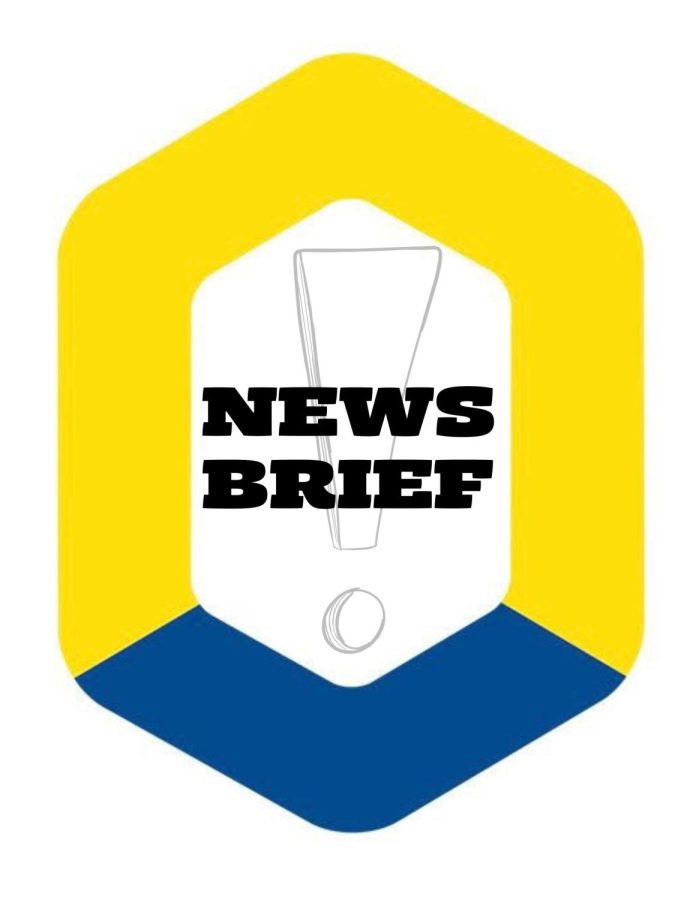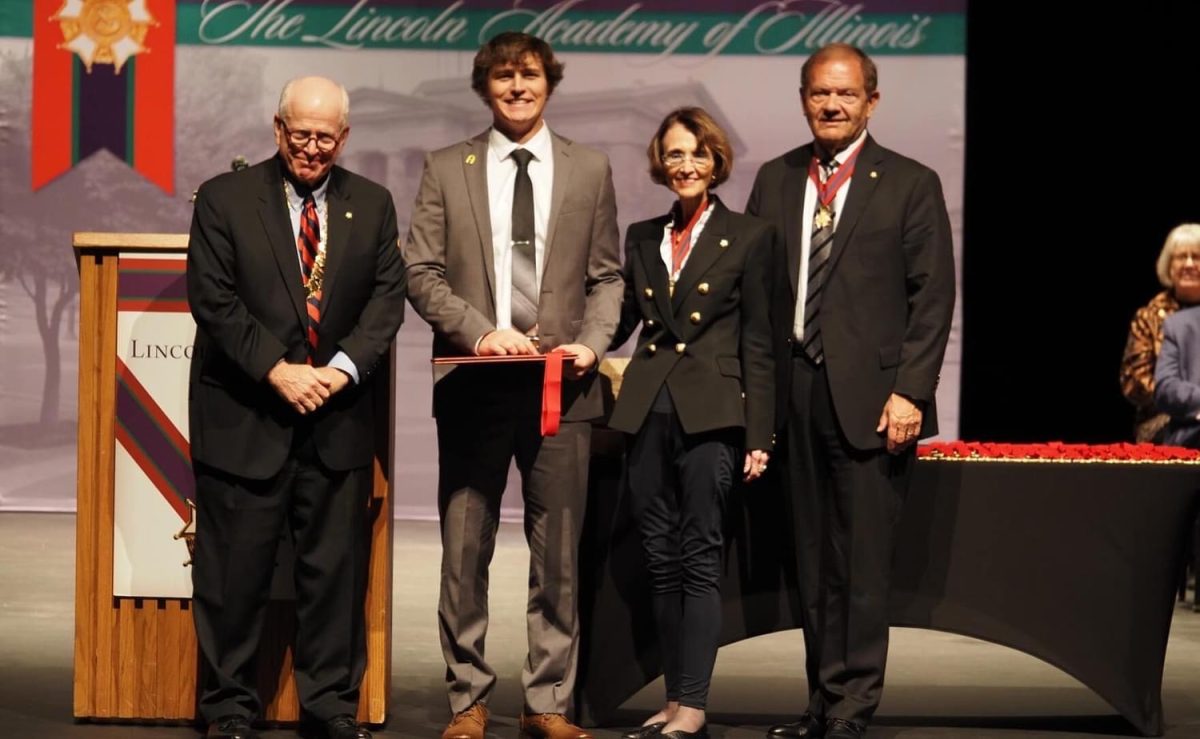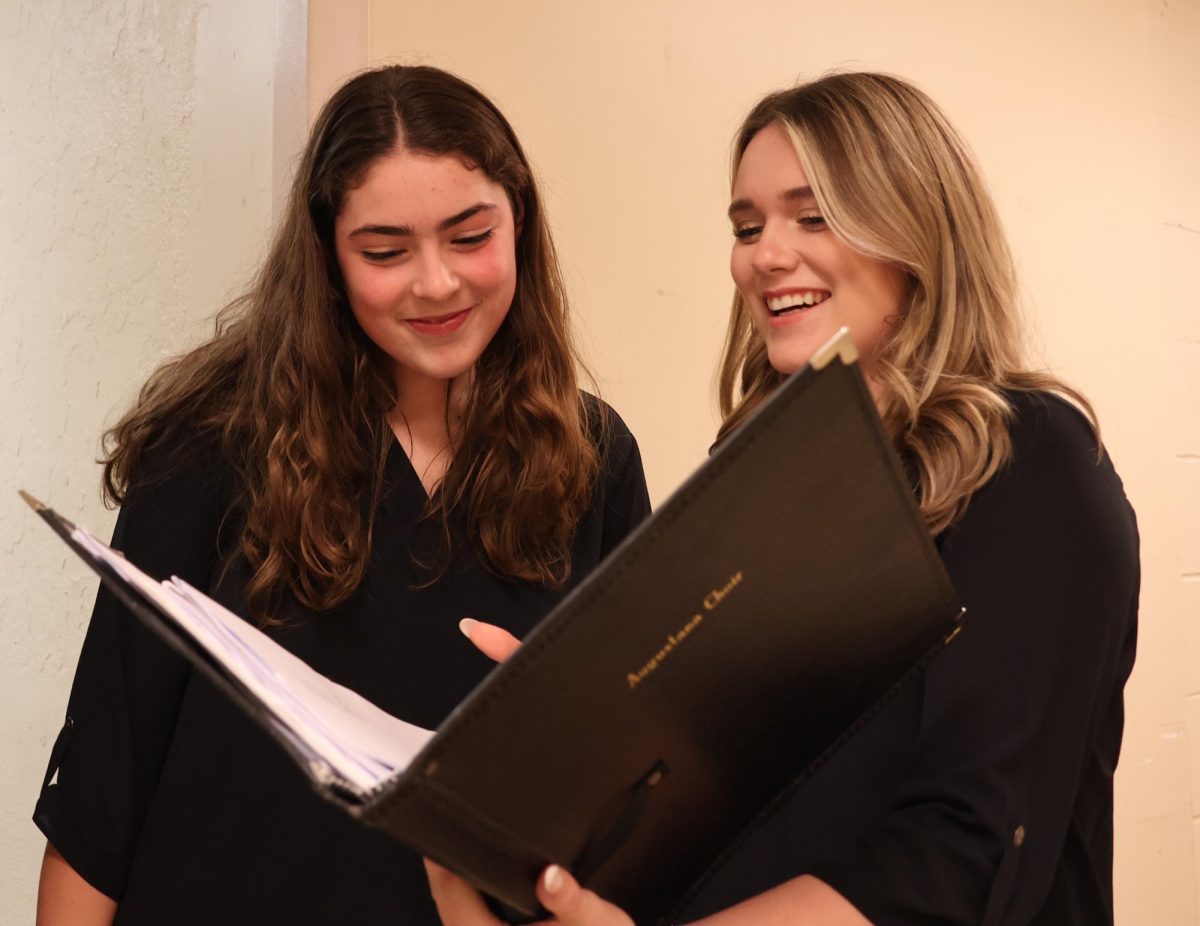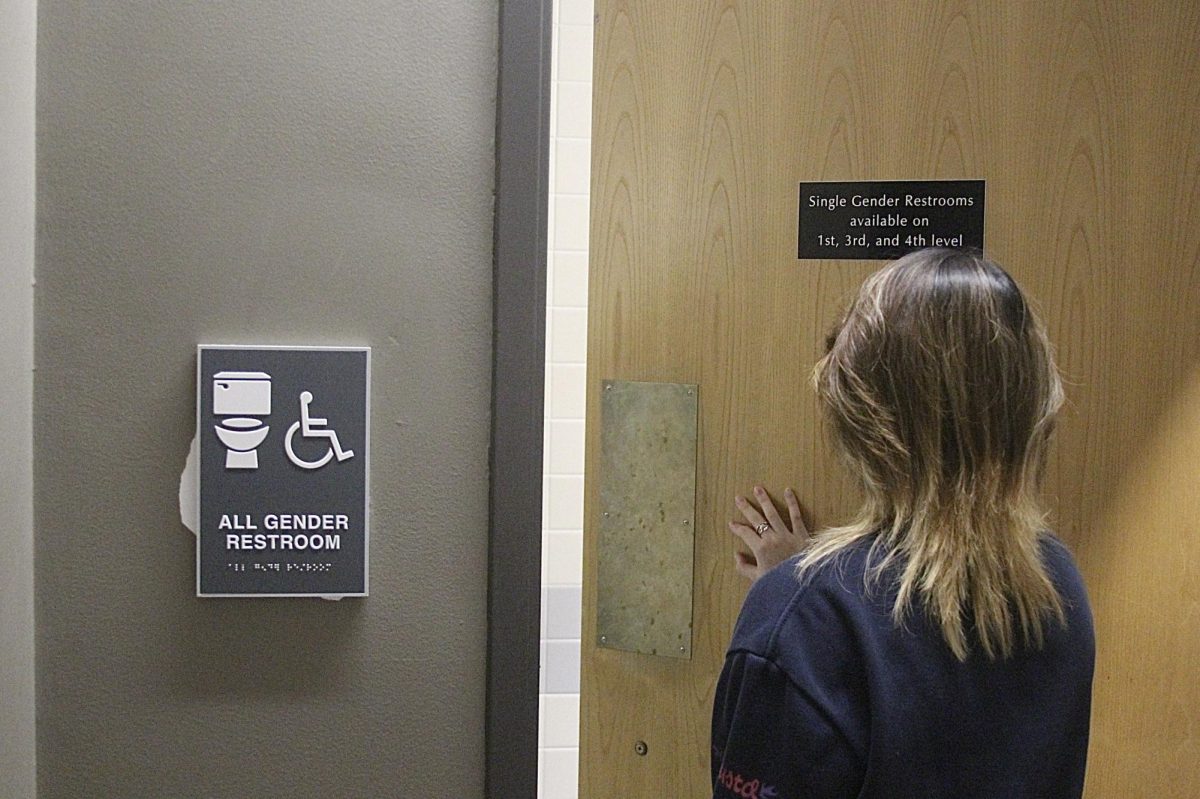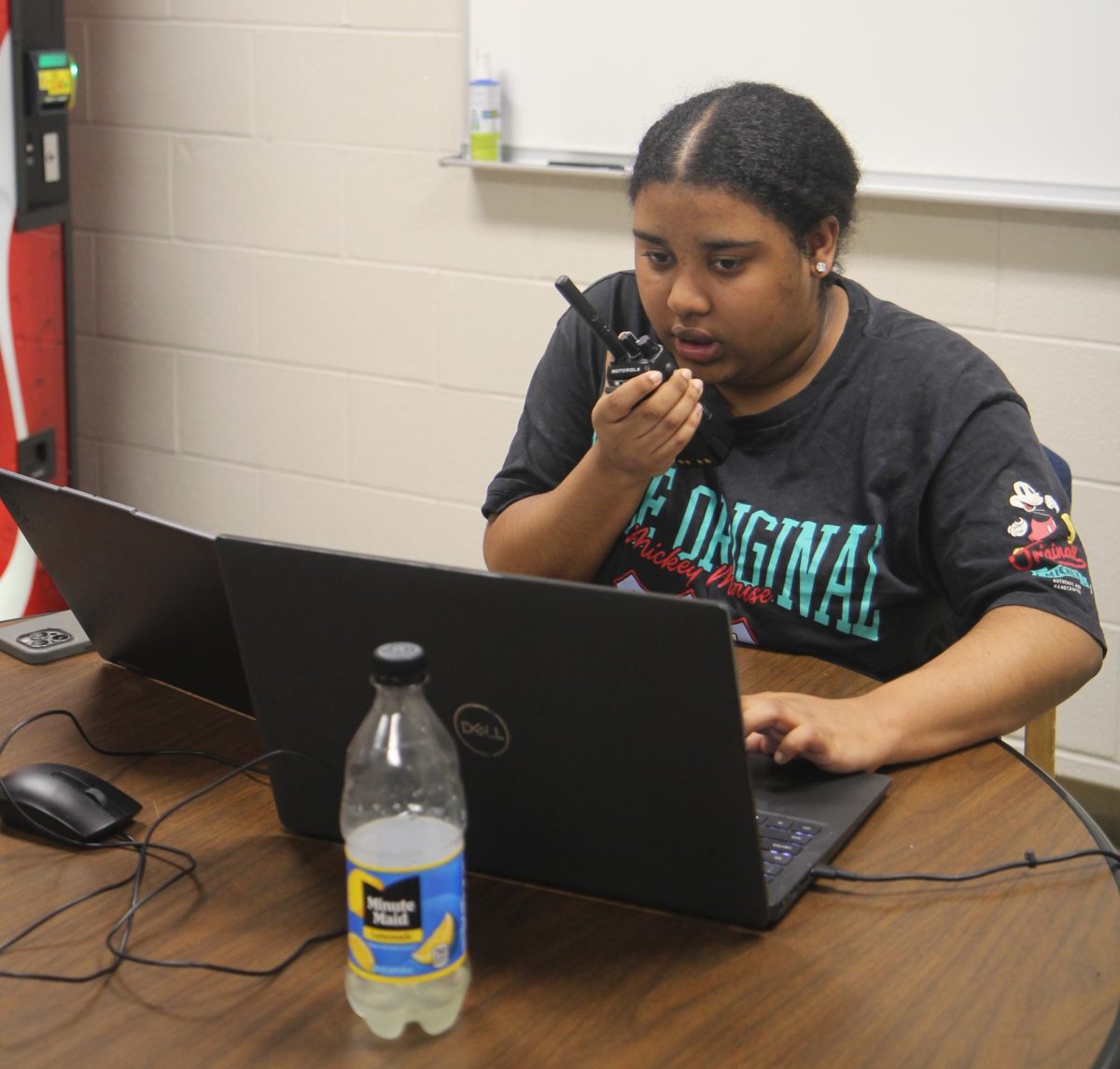Augustana College is exploring ways to allocate $3.2 million from the college’s budget so that students who haven’t received their state grants can remain in school.
A budget impasse in the Illinois General Assembly has meant that 683 students who were awarded the Monetary Award Program (MAP) grant at Augustana have not received their annual award of approximately $4,700, according to Kent Barnds, vice president of enrollment, communication and planning. The $4,700 is distributed in portion each term, and the college has allowed students to register for both winter and spring term.
The state of Illinois has been operating without a budget since July 2015, since Governor Bruce Rauner and the Illinois General Assembly, led by House Speaker Michael Madigan, cannot agree on a budget. The impasse has caused many agencies and programs to go without state funding, including education programs.
This withholding of funds has caused some students, like first-year student Cheyenne Morton, to have anxiety about finances.
“I don’t know what’s going to happen,” Morton said. “Here we are filing for the FAFSA again, and we don’t even know if the money is going to be there.”
Augustana is among a fraction of schools in Illinois who are attempting to assist students by using their own budget.
Barnds said the need-based MAP grants are awarded to students whose expected family contribution on the Free Application for Federal Student Aid (FAFSA) is less than $10,000. The expected family contribution is based off of income, the cost of attendance, the number of family members in college and other financial aid awards.
Augustana College President Steven Bahls said the $3.2 million is likely to be pulled from the $5 million to $6 million allocated to annual reserve funds for building repairs. This could delay some larger projects, such as the renovation of Bergendoff. While there was no firm start date, the earliest the project could’ve started was 2017-2018. If funds are taken from the building repairs reserve fund, Bahls said the project could be delayed.
Jon Hurty, director of choral programs, said he is still hoping that MAP grants will be funded by the state, but he understands having to wait for a year in order to allocate funds to the students.
“If the MAP grants aren’t funded it’s more important that we support the student body than a building,” said Hurty. “That’s our primary responsibility.”
However, Bahls said this will not effect the completion of the theater in the College Center or phase two of Westerlin renovations, a project he green-lighted in January.
“Once you’re admitted as a student to Augustana College, we’re going to work with you to keep you here,” said Bahls.
Provost Pareena Lawrence said this is a short-term fix, but there’s no other resource for the college to use.
“This is our last resort to keep the students here,” said Lawrence.
Bahls said every dollar of the college is budgeted, so the college has to use the reserves.
“Students didn’t do anything wrong, here,” said Bahls. “They relied on the promises of the state of Illinois.”
He said if the budget impasse were to continue, the college is going to work with students through their four years. Bahls said he is still hoping for the grants to be funded.
“It is shameful what the state of Illinois is doing, using Illinois college students as pawns in a debate between the governor and speaker Madigan,” said Bahls.
State Rep. Pat Verschoore (D-Milan) said in a statement that he’s calling on Rauner to work together with the state to sign higher education funding Senate Bill 2043 that was passed on Jan. 28.
“I have been incredibly frustrated that the budget impasse has affected so many of our most vulnerable residents,” said Verschoore. “I stand ready and willing to sit down with the governor and craft a responsible budget that cuts government waste while protecting the programs that many middle-class families, seniors and the disabled rely on.”
Verschoore said Senate Bill 2043 would provide funding for MAP grants and other items, ensuring low-income students could peruse their college education.
“When the bill is sent to the governor, I urge him to sign it into law and provide the resources needed for these students to succeed,” said Verschoore. “This would be a good first step toward ending the budget impasse.”
A survey done by the Illinois State Assistance Commission (ISAC) in December 2015 found 49 percent of schools responded they would not credit student accounts for second semester. Eighty-four out of the 133 MAP-approved schools responded to the survey.
“I’m very proud of our board of trustees for agreeing without reservation and without conditions to carry our students,” said Bahls.
He said Augustana is better able to address this problem than public colleges that also face significant decreases to their state allocations.
“Augustana is blessed that the college has budgeted conservatively and that there are reserves,” said Bahls. “That’s not the case at many of our private college colleagues.”
Ellen Hay, faculty council chair, said 135,000 students received MAP grants in 2014. She said the Augustana College faculty also passed a resolution to call upon Rauner to end the impasse so the funds can be allocated in the faculty council meeting on Nov. 19, 2015.
Bahls and Hay urge all students to lobby their elected officials about the importance of MAP grants.
“It is very important for Illinois Augustana students and their families to become involved. They should ask their elected officials about their support for MAP grant, and how they could help to end the current impasse,” Hay said. “Their voices matter.”
Staff reporter Kaitlyn MacDonald contributed to this story.
